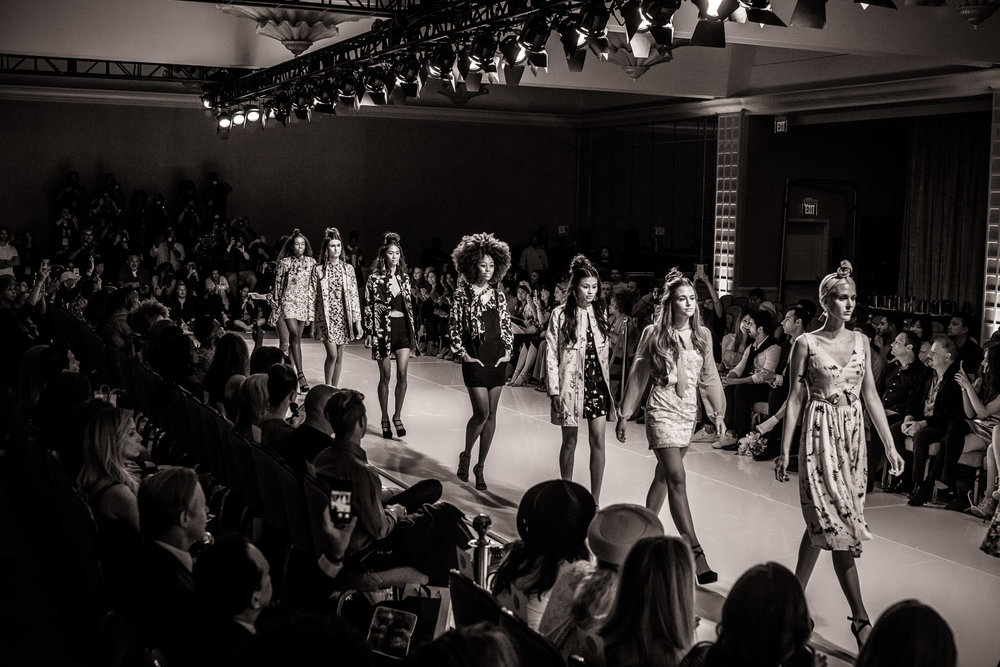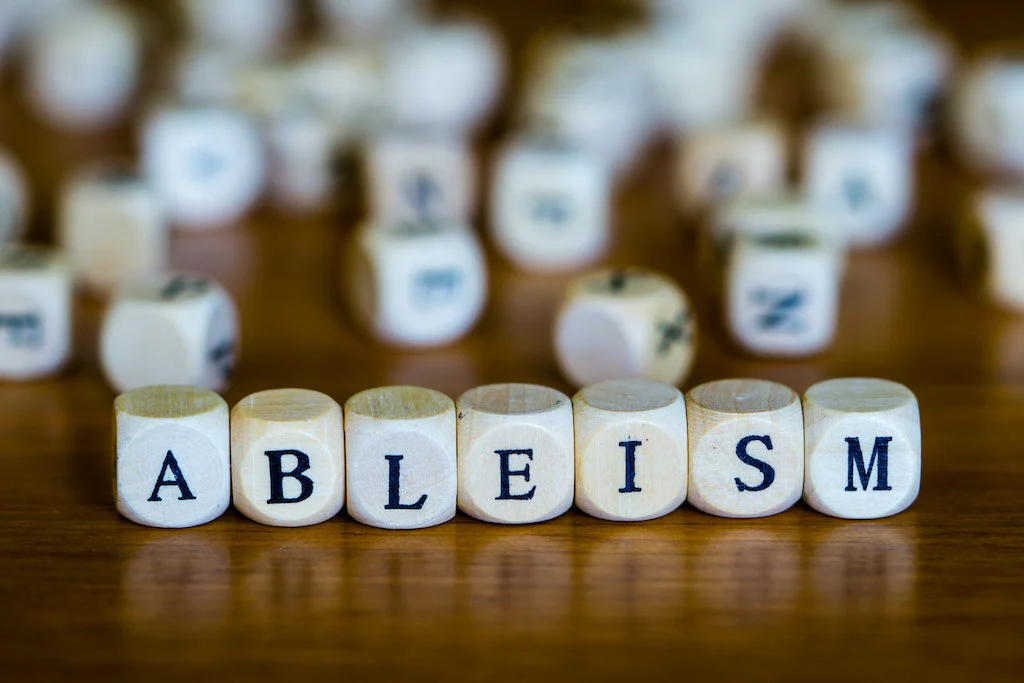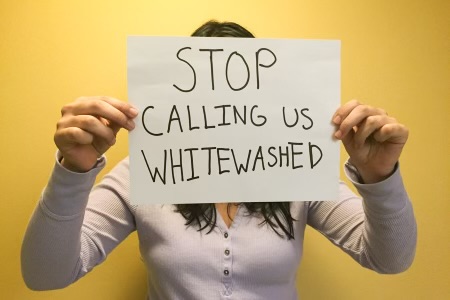“Social norms are the perceived, informal and mostly unwritten rules that define acceptable and appropriate actions within a group or community,” stated a passage from the Unicef website.
Social standards appear in all places for people of all ages. But social standards particularly appear most in high school. In San Ramon High School, you are typically considered “cool” if you are popular, if you are an extrovert, if you are pretty enough, etc.
Ava Tomasello, a freshman who goes to SRV explained it perfectly, stating, “I think the social standards to be considered ‘cool’ in high school vary depending on who you are friends with and whose opinions you value. With that being said, I believe the most common standards for being considered ‘cool’ at high school, amongst most people, are quite sad and unrespectable including not wearing much clothing, skipping class, not working well and trying hard on assignments, disrespecting peers and teachers, partying and drinking, and swearing a lot. I do not think these actions make someone ‘cool,’ nor do I do them, however, many people seem to think these actions do make someone ‘cool.’”
These types of social standards can have a tremendous impact on a person’s mental health, mainly because the social standards keep you confined. You are not allowed to express your interests unless you want to be deemed as “weird” or an outcast. Being bullied, teased, mocked, or shunned all come back to one thing: the social standards. They teach you that it is not okay to be different, to be unique, to be you. They force you to hide yourself in an effort to fit in.
For example, Ms. Libby, the physical education teacher and the JV girls soccer coach, was asked in what ways she sees the social standards affect students, and she replied, “I think it affects students’ moods, their willingness to come to school and to participate in activities,”
What she is noticing is true. I have also noticed that a lot of people who strive to be popular or accepted generally do not care as much about their schoolwork and don’t try in their classes as much as someone who isn’t as concerned about being accepted. Some people are also reluctant to participate in activities or even come to school because they are afraid of being judged. This raises the risk of them judging themselves for not being like the people who are “accepted.”
For example, sometimes when I look in the mirror, instead of seeing myself as a whole human being, I can only see my flaws because I am constantly comparing myself to the people who are considered “better” than me. “My eyes are not round enough, I have too much acne, I’m not skinny enough.” Teenagers all over the world are plagued with these types of insecurities.
For instance, I went through a stage where I felt like everything was wrong with me. I couldn’t do anything good enough, and to me, I always looked atrocious, no matter how much makeup I put on, how much time I spent making my hair look presentable, or how much thought I put into my outfit. Every time I looked in the mirror, my insecure thoughts took over, listing every single trait I possessed and twisting it into something horrible until I felt like my emotions were using me as their own personal punching bag. I compared myself to everyone else then, and I still do now.
A freshman who goes to SRV who wished to stay anonymous commented, “Social standards can make people feel like they aren’t measuring up to what they should be, even though everyone grows on their own time.”
This is extremely accurate and true. These standards try to mold us into people that are not ourselves and try to force us to become people we don’t want to be or that we aren’t ready to be. They command us to dress a certain way and act a certain way. They practically make us clones. Everyone wears hoodies and sweatpants with slippers to school now. Almost every woman curls her hair and wears makeup, and a lot of guys have the same haircut because it is “cool” or “acceptable.” Girls have to be skinny, guys have to have a certain physique.
An article from the Institute for Youth in Policy website stated, “50 percent of 18-24-year-olds and 20 percent of all respondents said they worried about their body image after seeing images on social media.”
Also, Reid Abramowitz, a freshman who goes to SRV commented, “I think to be considered “cool” is a little odd to be considered cool. You have to sometimes hide stuff you’re interested in and be constantly worrying about what other people think of you.”
These sort of social standards can harm students, whether people notice or not. Some people are left without friends because it would lower someone’s social status if they sat with or became friends with someone who is socially awkward. Because of this, some students feel alone and don’t have many friends.
Social media also plays a huge role in social standards and appearance standards. Photos that are posted on social media are often edited and changed to create the “perfect look.” Then people who are scrolling through a social media app see these photos and start comparing themselves to the edited photos, not realizing that they are edited.
These pictures, the social media, and the social standards that surround our everyday lives can highly influence things like our diet and style. Clair Mysko, the CEO of the National Eating Disorders Association commented, “It is estimated that 30 million Americans have struggled with an eating disorder at some point over their lifetime.”
An eating disorder could mean a number of things, but all of them involve a negative association with food. People could develop eating disorders such as anorexia nervosa, which is the refusal to maintain a minimally normal body weight. People who have this eating disorder generally restrict their diet severely and exercise excessively.
Another common eating disorder is bulimia nervosa, which includes binge eating followed by purging. Emotional upset will drive people to binge eat, and then they will feel guilty later so they will force themselves to throw up all of the food that they ate earlier. This can cause damage to the throat and mouth and could even lead to bad heart conditions and irreversible internal damages such as dental damages and cardiac arrest.
These are only a few of the many eating disorders that exist in the world today, and most people develop an eating disorder because of the fake, filtered things that they compare themselves to and these social standards that form a mold of who you are supposed to be, not who you are. Of course, there could be other factors that influence these eating disorders, but most develop because people are constantly comparing themselves to unrealistic expectations and then are frustrated with themselves when they can’t achieve those expectations so they go to extreme measures to complete those unrealistic expectations.
Even though social standards could cause all of these mental health problems, there is a bright side to social standards. A student who attends SRV stated, “These standards push me to work harder at my extracurriculars, whether it’s theatre, cross-country, or the various clubs that I do.” The social standards, which encourage perfection, also push you to work harder and to reach your goals. Despite their faults, they do motivate you to be the best you can possibly be.
Additionally, “social norms help communities function, binding them together and promoting collective behaviours.” stated a passage from the Unicef website. Social norms create commonality among groups of people and can help them connect with each other through their opinions on these social norms, their style, their behaviors, etc. because they set the perceived standards for people’s clothing, actions, and more. If more people are dressing or doing the same thing, there is more for them to connect with each other and more potential to become friends.
Social standards also help keep the public orderly and less chaotic. They put in place the good manners that we must have on a daily basis and control the acceptable actions that most people need to portray. They keep people from screaming about anything and everything or walking around nude, and actions such as that because that is not socially acceptable.
Ultimately, social standards have benefits, but they have become too confining for the modern days. We have to push back and show these standards that we are our own person and no one can take that away from us. We all have our own hopes, dreams and aspirations, and we are all wonderful in our own way. I know that we have all heard that before when we are feeling down, but it is true, no matter what you believe. We are each our own person and we should be allowed to express that without being looked down upon.
Wear what you want, do your thing, be happy, and do not let anyone take that away from you. You are a beautiful human being and are allowed to be yourself wherever you go. Your body, your mind, and your personality are all what make you unique and a wonderful experience. Promote individuality and demote conformity, because you all deserve to be seen.




















